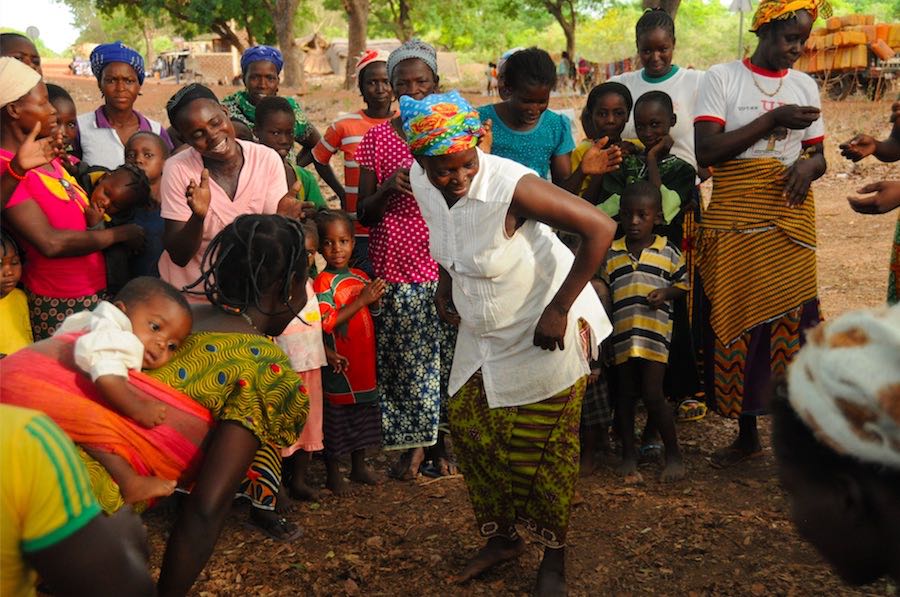
10 Apr Empowering African Women for Elephant Habitat Conservation
ELEPHAS is a High Quality 100% Natural Beauty Line, Designed to Support Women’s Involvement in Elephant Conservation
When I met Aouba in the little town of Léo, in the south of Burkina Faso, I immediately saw that she could make a real difference. During my travels here, I met tens, in fact hundreds, of women from various small villages, who were all showing impressive motivation for work and development, despite being among the poorest on the planet. In rural areas, women traditionally have no incomes. They have to find wood and water, while often also taking care of many children.
I founded the non-profit program Net Positive Impact based on 30 years of field experience in over 15 countries. Its main goal is creating synergies between local organisations, women (key actors in local development) and private businesses to bring about positive environmental and social impacts.
When we started to work in Burkina Faso, I saw an opportunity to support these hard-working women. The shea seeds they were collecting in the wild, transforming into oil and using in their kitchens and on their skin were not only abundant here, but also had a growing local and international demand.
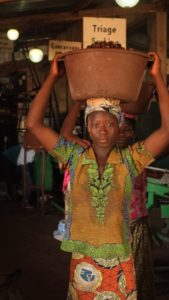
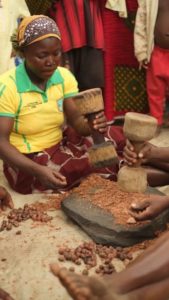
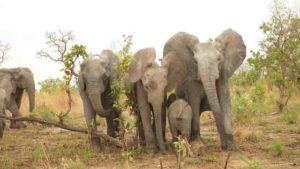
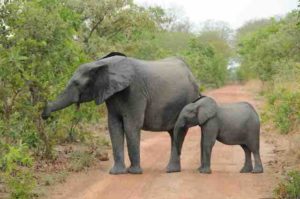
In terms of nature, while elephant populations have dramatically decreased all over Africa in the last ten years (more than a 100,000 elephants have disappeared at the hands of poachers), in Burkina Faso, the elephant population has increased! However, pressure on forests surrounding protected areas is on the rise due to human population needs: agriculture is seen as the only opportunity to make a living. Yet, it has poor yields and comes at the cost of natural habitats. Meanwhile, the forest savannahs host non-timber forest products of great economic interest, such as baobab, shea and desert date seeds, all offering fantastic oils.
By supporting a local NGO, Natudev, we developed income-generating activities for the local women. By giving value to the forest and allowing women to live off it in a sustainable way, they became motivated by its conservation, which had a direct positive impact on elephants and other wildlife. Together with Natudev, we insisted that the national and regional authorities give an exclusive right to the forest resources to the local women, and it was granted.
Although these women groups are delighted to manage these resources, they are not yet able to transform their shea butter into finished products to benefit from its added value.
Now let’s get back to Aouba. She has a rare training in accountability and is a skilled manager. A large rural union of women requested her help to organize the production and sales of their shea butter. Aouba has since been managing the development of a soap production unit with the help of a donation from the cosmetic company ‘L’Occitane en Provence’. Despite this support, there is still a lack of international market outlets.
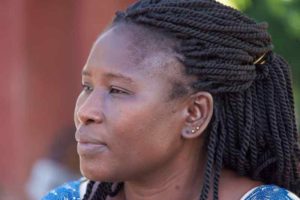
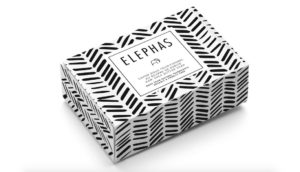
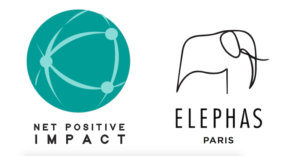
That’s when the idea of a conscious beauty brand ELEPHAS came. High quality finished products, directed at the international market, made from active ingredients directly sourced from these women. Designed as a social business, 50% of its profits will return to the field. The shea butter producers will not only benefit from the sales of raw materials, but also from the sales of finished goods (where most of the profit is made). This increased income will allow them to invest in their children’s education and in the development of their local communities. Moreover, the elephants will have an ally who cares about their habitat.
The first product to be launched is the ELEPHAS soap, made 100% at the soap production unit managed by Aouba. 100% shea goodness! To support this initiative and learn more about us, you can donate to the ongoing crowd funding campaign and share the link.
The ELEPHAS social business highlights the potential of creating further dynamic business links between western markets and the needs of local women. The Net Positive Impact Program will look at developing similar approaches in Cameroon, Kenya, Senegal, Tanzania and beyond. We also hope that it will demonstrate to western consumers that by buying responsible products, they become ‘positive impacters’ by supporting women groups and animal conservation.
Olivier Behra is now based in Paris, but spends most of his time travelling the world. He is dedicated to linking environment and local development via innovative approaches. He has created many protected natural areas based on local communities’ involvement in environment conservation through the valorisation of natural resources and their sustainable use.
To support or join his efforts, follow Net Positive Impact and Olivier on the Move.




No Comments